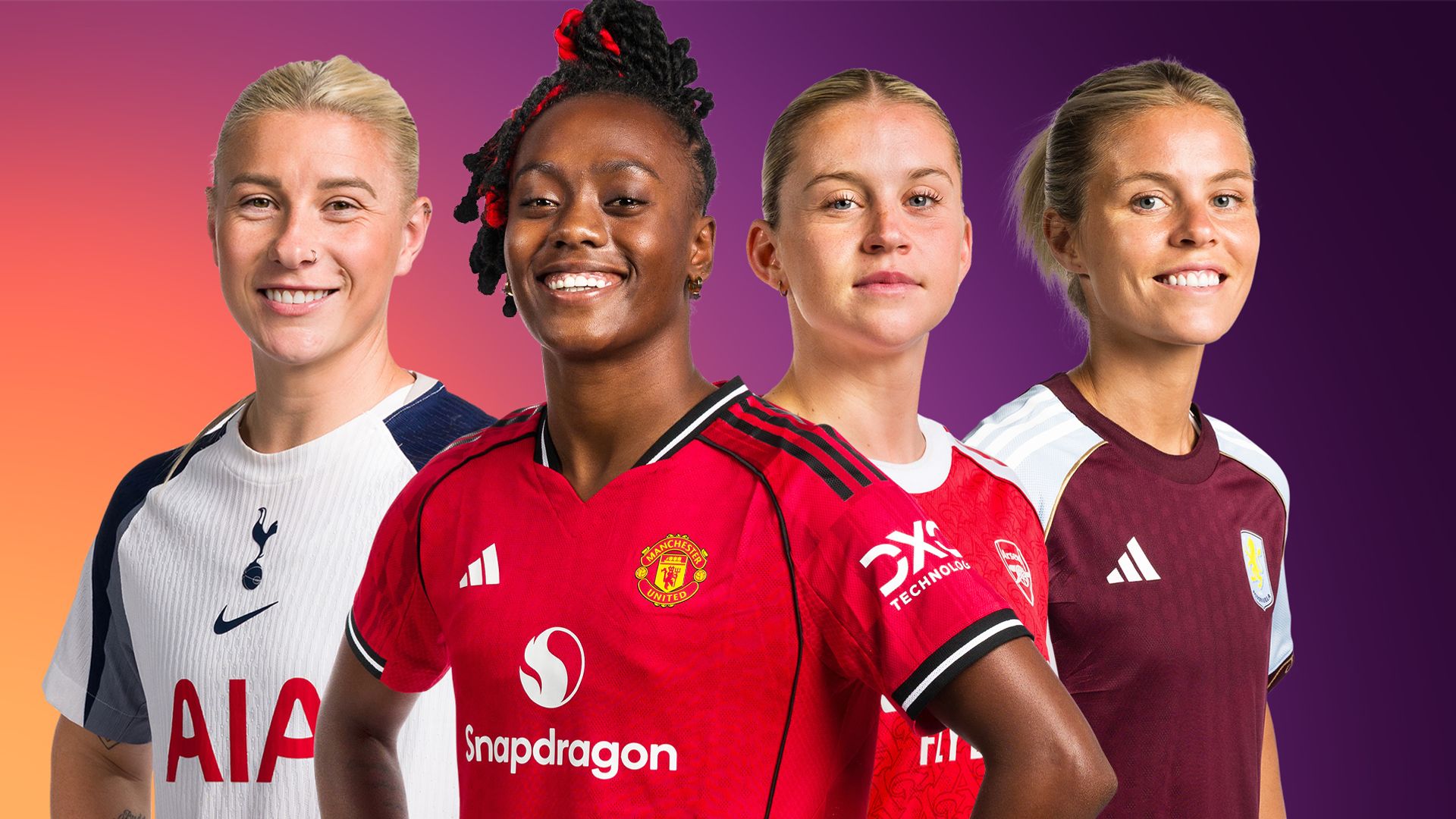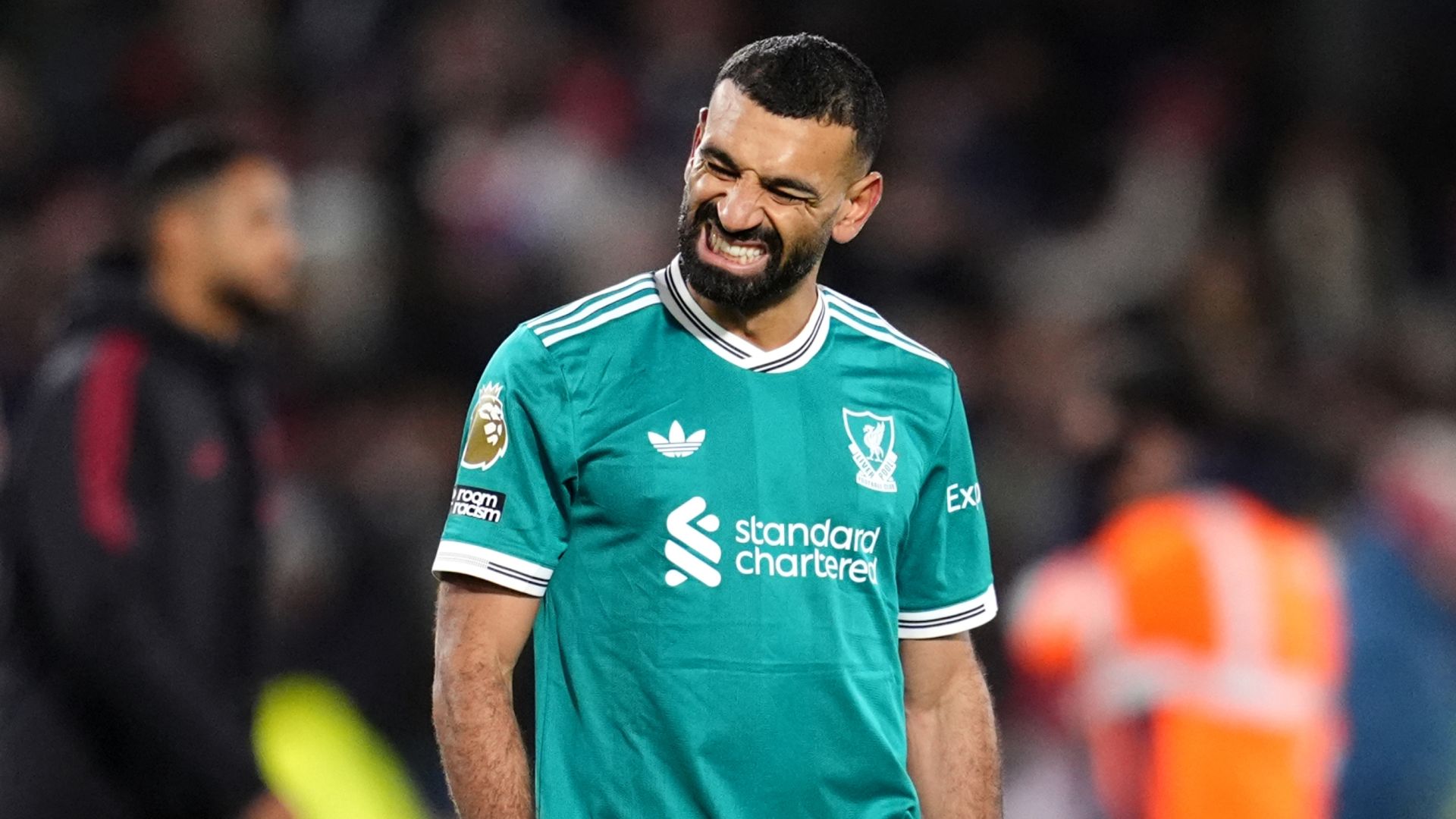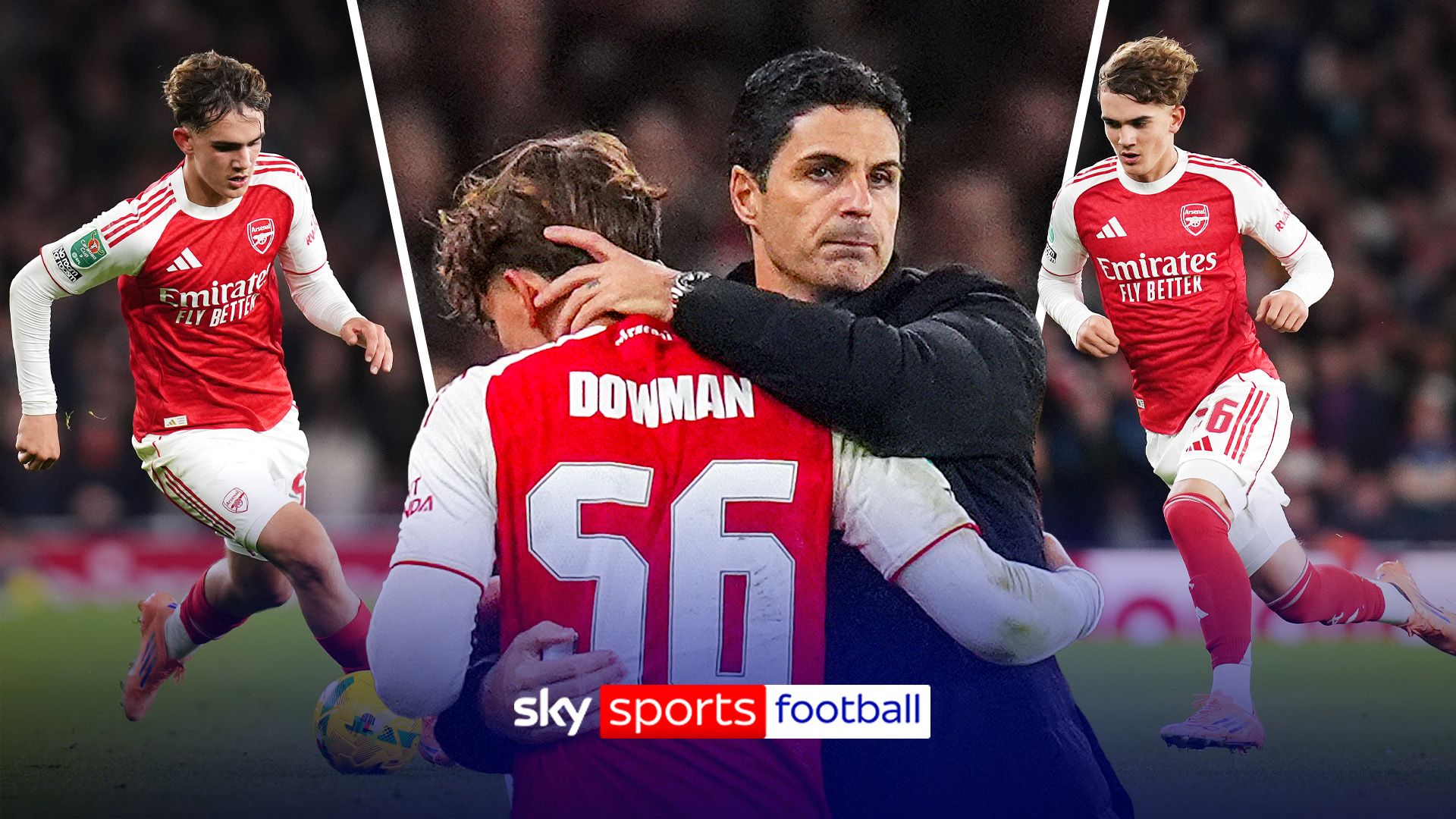Arsenal vs. Man Utd: A Clash of Titans Reflecting the Divides of Modern Society, Where Football Fans Become Modern-Day Crusaders in an Unforgiving Battle for Supremacy!
In the realm of football, few rivalries evoke the kind of passion, loyalty, and division that the clashes between Arsenal and Manchester United have historically fostered. This iconic matchup, often seen as a battle of not just teams but also philosophies, has become emblematic of broader societal divides. As these two football giants prepare to face off once again, the implications of their rivalry resonate far beyond the pitch, tapping into themes of identity, culture, and national pride.
The history of Arsenal and Manchester United is rich, filled with moments of brilliance, controversy, and the kind of drama that captures the imagination of millions. Arsenal, often associated with a style of play defined by finesse and artistry, presents a stark contrast to Manchester United’s blend of power and tactical acumen. This dichotomy reflects deeper social and political narratives that have unfolded over the decades, mirroring the tumultuous changes in British society itself.
The roots of the rivalry can be traced back to the late 19th century, but it was during the late 20th century that it truly came to the forefront of English football. The emergence of Arsène Wenger at Arsenal in the mid-1990s brought a shift in the culture of the club. Wenger’s innovative approach emphasized not only physical fitness but also technical skill and mental resilience. This shift led to an invincible season in 2003-2004, a period that solidified Arsenal’s status in football lore and established Wenger as a revolutionary figure.
On the other side of the divide, Manchester United was experiencing its own transformation under Sir Alex Ferguson. Ferguson’s tenure, beginning in the 1980s, saw the club rise to unprecedented heights, blending a team of local talents with strategic signings that would lead to the club dominating English football in the 1990s and early 2000s. The rivalry intensified during this period, with each match not merely a contest of skill but a clash of ideologies and ambitions.
As football became more commercialized, the dynamics of this rivalry evolved. The influx of foreign investments, particularly at Manchester United, redefined the landscape of English football. This era has not only altered the financial capabilities of clubs but has also shifted the fanbase. Traditional supporters often find themselves at odds with newer, more casual fans, sometimes leading to accusations of “plastic” fandom, especially in a globalized context where clubs have millions of supporters worldwide.
In recent years, the matches between Arsenal and Manchester United have also become a microcosm of the broader societal divides. The polarization of opinions surrounding player performances, managerial tactics, and club ownership reflects a culture that often prioritizes tribalism over unity. As debates heat up on social media platforms and in pubs across the UK, discussions surrounding these two clubs often touch upon themes of class, privilege, and the changing face of football as a whole.
The media plays a crucial role in shaping the narratives surrounding these encounters. Articles portraying players as heroes or villains can sway public perception, echoing the historical propensity for football players to be idolized or demonized. The glorification of certain players, such as Thierry Henry for Arsenal or Cristiano Ronaldo for Manchester United, can lead to entrenched loyalties and exacerbate the divides. This celebrity culture has transformed football into a spectacle, where the stakes go beyond points and trophies. Fans invest emotionally and financially, often laying bare their identities in the process.
Moreover, the impact of social issues cannot be ignored. Football has long been intertwined with discussions around racism, sexism, and inequality. Both Arsenal and Manchester United have initiatives aimed at addressing these issues, but the effectiveness and sincerity of these efforts can be questioned. Matches between these teams often serve as a platform for protest or support for social causes, further blurring the line between sport and societal commentary.
As Arsenal and Manchester United prepare for their next encounter, the stakes seem higher than ever. The implications of a victory or defeat extend past the immediate context of a league table; they serve as a reflection of the prevailing zeitgeist. Fans are not merely cheering for their teams; they are vocalizing their beliefs, identities, and social standings. The match, therefore, is not just a game but a battleground where deeper issues come to the forefront.
The historical context of Arsenal versus Manchester United serves as a reminder that football is more than just a game; it embodies societal dynamics that challenge and mirror our realities. As the fanfare builds ahead of the match, the narratives surrounding it will undoubtedly ignite discussions that transcend sport, reflecting the multifaceted nature of modern society. The excitement in the air is palpable, underpinned by the knowledge that this encounter is not merely about bragging rights but about the cultural and social divides that continue to shape our world.




